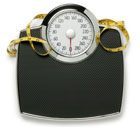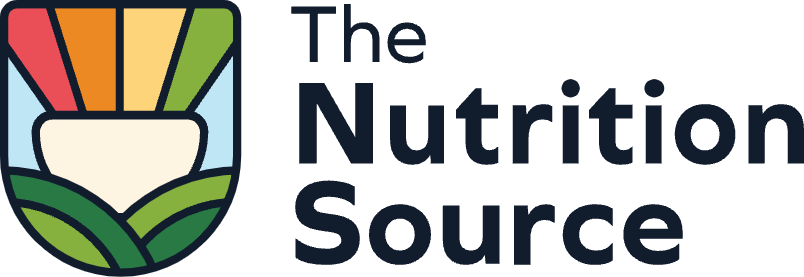 How might a high-protein, low-carb diet lead to weight loss more quickly than a low-fat, high-carb diet, at least in the short run?
How might a high-protein, low-carb diet lead to weight loss more quickly than a low-fat, high-carb diet, at least in the short run?
- First, chicken, beef, fish, beans, and other high-protein foods move more slowly from the stomach to the intestine. Slower stomach emptying means you feel full for longer and get hungrier later.
- Second, protein’s gentle, steady effect on blood sugar prevents the sharp blood sugar dips (and accompanying hunger) that often occur after eating rapidly digested carbohydrate, like white bread or baked potato.
- Third, the body uses more calories to digest protein than it does to digest fat or carbohydrate. (1)
- Eating higher amounts of protein also seems to help dieters preserve lean muscle during weight loss, and this, too, can help boost the amount of energy they burn. (2)
If you do decide to follow a higher-protein, lower-carbohydrate eating plan, choose the healthiest sources of protein possible. Remember that limiting red meat and avoiding processed meat—and choosing healthier high-protein foods in their place, such as fish, chicken, beans, or nuts—will help the heart and the waistline.
Visit our Carbohydrate Guide to learn more about low-carbohydrate diets.
References
1. Halton, T.L. and F.B. Hu, The effects of high protein diets on thermogenesis, satiety and weight loss: a critical review. J Am Coll Nutr, 2004. 23(5): p. 373-85.
2. Westerterp-Plantenga, M.S., et al., Dietary protein, weight loss, and weight maintenance. Annu Rev Nutr, 2009. 29: p. 21-41.

